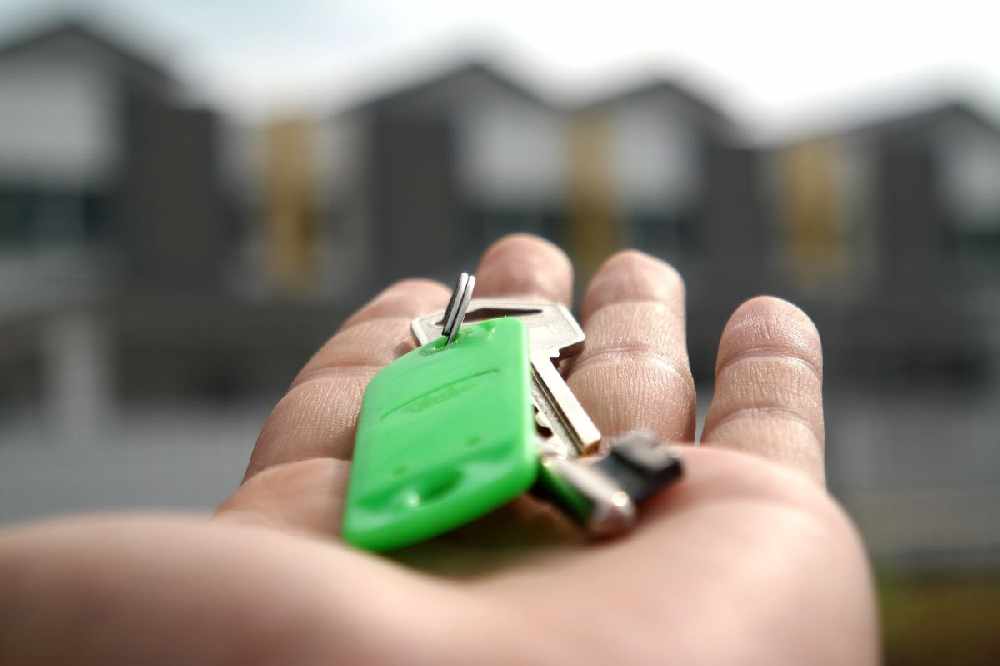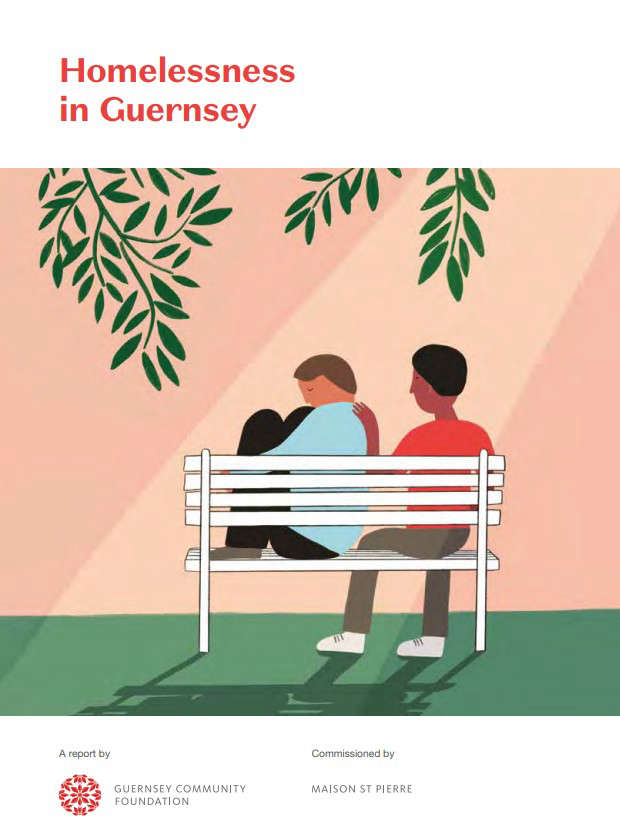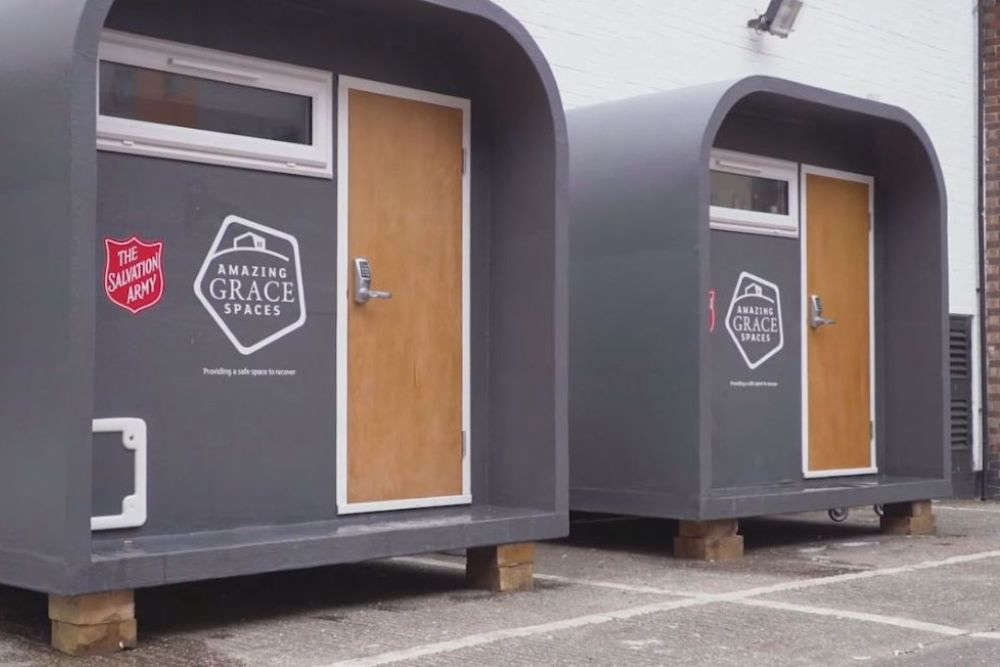
More than 1,000 people in Guernsey are living without 'suitable accommodation', according to a new report.
The Guernsey Community Foundation says there is a hidden homelessness problem in the bailiwick, which has been 'downplayed and ignored'.
It has highlighted issues including wages not keeping up with rents, and the demand for social housing reaching a 12-year high.
The charity is also urging us all to reconsider how we think of 'homelessness', focusing on people who aren't 'properly housed' rather than just rough sleepers.
It says the definition applies to anyone who is living somewhere they can't afford, which is too small, or who faces eviction with little or no warning.
The 106-page report says many islanders are having to rely on expensive, poor-quality housing, which leaves them vulnerable and unable to improve their circumstances.
It has also highlighted eight groups which are particularly at risk of becoming homeless, including the unemployed, single parents, abuse survivors, care leavers, and ex-offenders.
The emergency housing shelter at St Julian's House is said to be 'unfit for purpose'.
The report was commissioned by homelessness charity Maison St Pierre and compiled by social policy researcher Alex Lemon.
She says Guernsey is in need of a joined-up approach to tackle homelessness:
"Research suggests that the key issues driving homelessness are rising private rents, under-regulated private tenancies, a lack of tenancy rights and a lack of social housing. Related problems make the overall situation worse. We’re looking at a lack of coordinated support services, an overburdened third sector and a lack of strategic focus at government level."

The report makes recommendations for the States of Guernsey and local charities which would 'reduce the harm caused' by homelessness. It says the government could:
- build more social housing more quickly
- make the Housing Action Group permanent
- speed up the introduction of the General Housing Law
- introduce housing cost guarantee schemes
- broaden the definition of 'homelessness' and enshrine it in legislation
- prioritising housing policies over other government initiatives
The Guernsey Community Foundation, which has published the report, also recommends the authorities investigate the need for a dedicated housing support charity and launch a housing support forum.
It says Action for Children could provide more training flats for care leavers living independently for the first time.
Jim Roberts, the GCF's CEO, says the report sheds new light on the scale of the island's homelessness problem and gives tangible recommendations which would make things better:
"This groundbreaking report should inspire renewed efforts to tackle what has for far too long been an overlooked problem. Alex hasn’t produced a report about the mechanics of the housing market, or about how the States should go about acquiring land for new housing, although obviously, those considerations are in the background.
What she has done, quite rightly, is focus on the suffering experienced by families and individuals who lack somewhere safe, affordable and decent to live, and on the actions that government and the third sector can take right now to make things better."


 Emergency sleeper pods to help homeless in Guernsey
Emergency sleeper pods to help homeless in Guernsey
 100 visiting military personnel will join Guernsey's 80th Liberation Day Parade
100 visiting military personnel will join Guernsey's 80th Liberation Day Parade
 New construction charity helps the Guernsey Counselling Service
New construction charity helps the Guernsey Counselling Service
 Guernsey Liberation Trail unveiled
Guernsey Liberation Trail unveiled
 Millions of Bailiwick of Guernsey historical records digitised
Millions of Bailiwick of Guernsey historical records digitised
 New Channel Islands catamaran tests well in choppy seas
New Channel Islands catamaran tests well in choppy seas
 Historical plaque celebrating Guernsey and American farmers friendship relocated
Historical plaque celebrating Guernsey and American farmers friendship relocated
 Alderney's Dorniers could go in a rethink of the air route
Alderney's Dorniers could go in a rethink of the air route

